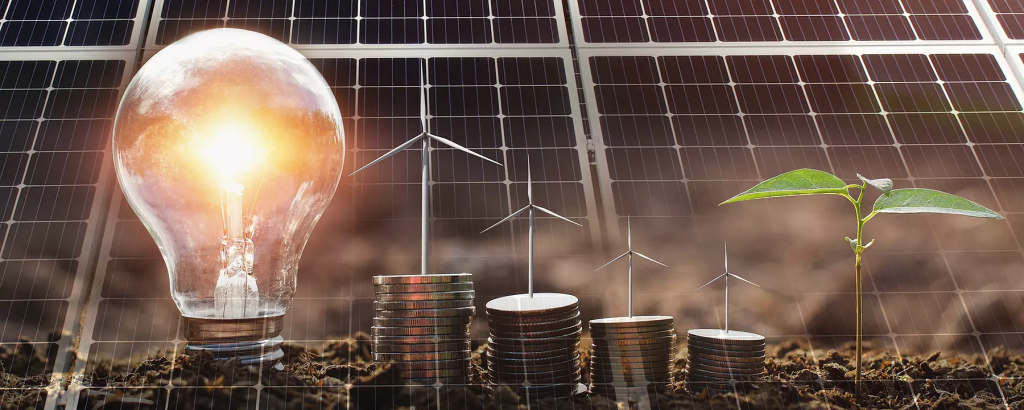The Economic Implications of Climate Change on Developing Countries

Climate change is increasingly becoming a pressing concern for developing countries, with significant economic implications. These nations, often heavily reliant on agriculture and natural resources, are particularly vulnerable to climate-induced disruptions. Extreme weather events such as floods, droughts, and storms are becoming more frequent and severe, leading to substantial economic losses.
In many developing countries, agriculture forms a significant portion of the economy. Changes in weather patterns can devastate crop yields, leading to food shortages and increased prices. This, in turn, affects food security and can drive up poverty rates as families struggle to afford basic necessities. For instance, recent droughts in Sub-Saharan Africa have led to reduced harvests, exacerbating hunger and malnutrition in the region.
Infrastructure in developing countries is often ill-equipped to handle the impacts of climate change. Poor infrastructure can result in more severe damage from natural disasters, slowing economic recovery and increasing the financial burden on governments and communities. Additionally, the economic strain extends to health systems, as climate change can exacerbate the spread of diseases and increase healthcare costs.
Efforts to mitigate and adapt to climate change are essential but can be challenging due to limited resources. International aid and investment in sustainable technologies and infrastructure are crucial to support these nations in building resilience. Without significant intervention, the economic consequences of climate change will continue to undermine development efforts and exacerbate existing inequalities in the global economy.